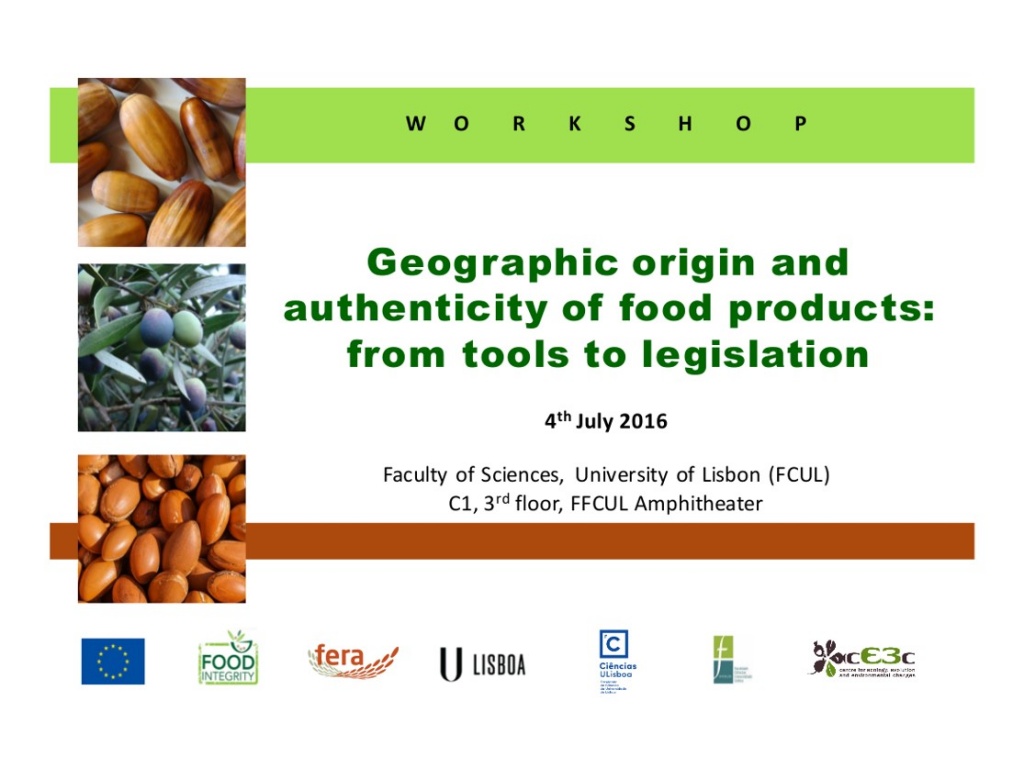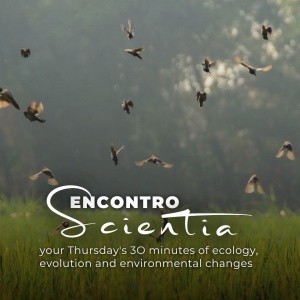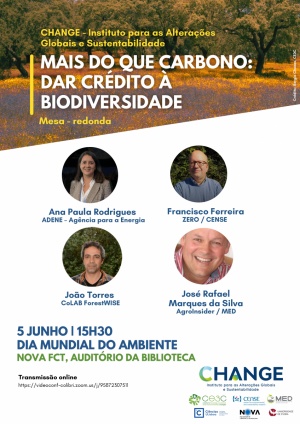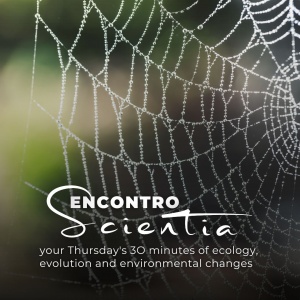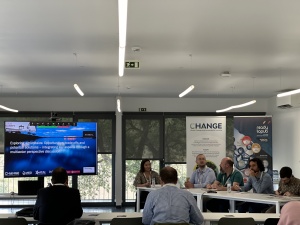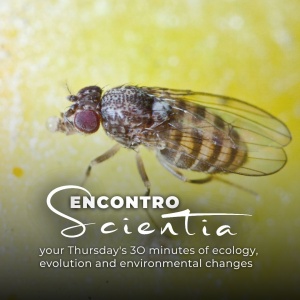15/06/2016.
Determination of food authentication is particular complex, in particularly when considering the global distribution supply chains, and requires not only precise and robust techniques, but also clear legislation and procedures. Consumers and producers alike place a high value on accurate and defensible labeling, and providers are now proactively providing consumers with clear labeling, traceability, and transparency. Meanwhile, rapid population growth and the socio-economic pressure results in raw material shortages, which in turn, introduced additional ingredients of unknown origin. Thus, the industry urgently needs methods that will screen non-targeted food samples to provide proof of origin and prevent deliberate or accidental undeclared admixture to food samples. These increased demands also requires legislative and regulatory pushes that increase the complexity and level of regulation imposed on the food supply worldwide. European law also provides labeling for protected designation of origin (PDO), protected geographical indication (PGI), and traditional specialty guaranteed (TSG) to ensure the authenticity of regional and specialty foods. These laws, enforced within the European Union, ensure that only those products genuinely originating in that region can be sold as such, eliminating unfair competition and misleading products that may be of inferior quality or made of different components.
The aim of this Workshop is to present recent developments in analytical tools, as well as applications that can be applied to a range of food products. Additionally, there will be the possibility to joint not only researchers and academics, but also stakeholders and distributers.
This workshop takes part in the Work Package 1 of the FOODINTEGRITY Project. The FOODINTEGRITY goal is to provide assurance to consumers and other stakeholders about the safety, authenticity and quality of European food, as it is under constant threat from fraudulently labelled imitations.
Comprising 38 participants from 18 European countries and one from China, FOODINTEGRITY’s key focus will be to consolidate, harmonise and mobilise the European capability on food authentication to ensure consumer confidence and protect European added value, involving participants from industry, academia, research institutes, technology providers and a global network of stakeholders.
The Work Package 1, Food Integrity Network, will have the primary objective of sharing intelligence on incidence of food fraud and forming stakeholder groups with shared interests in detection, methodology, open innovation and knowledge transfer in relation to food authenticity.
Please find in attachment the workshop program.
Location: Faculty of Sciences, University of Lisbon (FCUL), C1, 3rd floor (FFCUL amphitheater)
More information: http://fiworkshop2016.wix.com/lisbon

